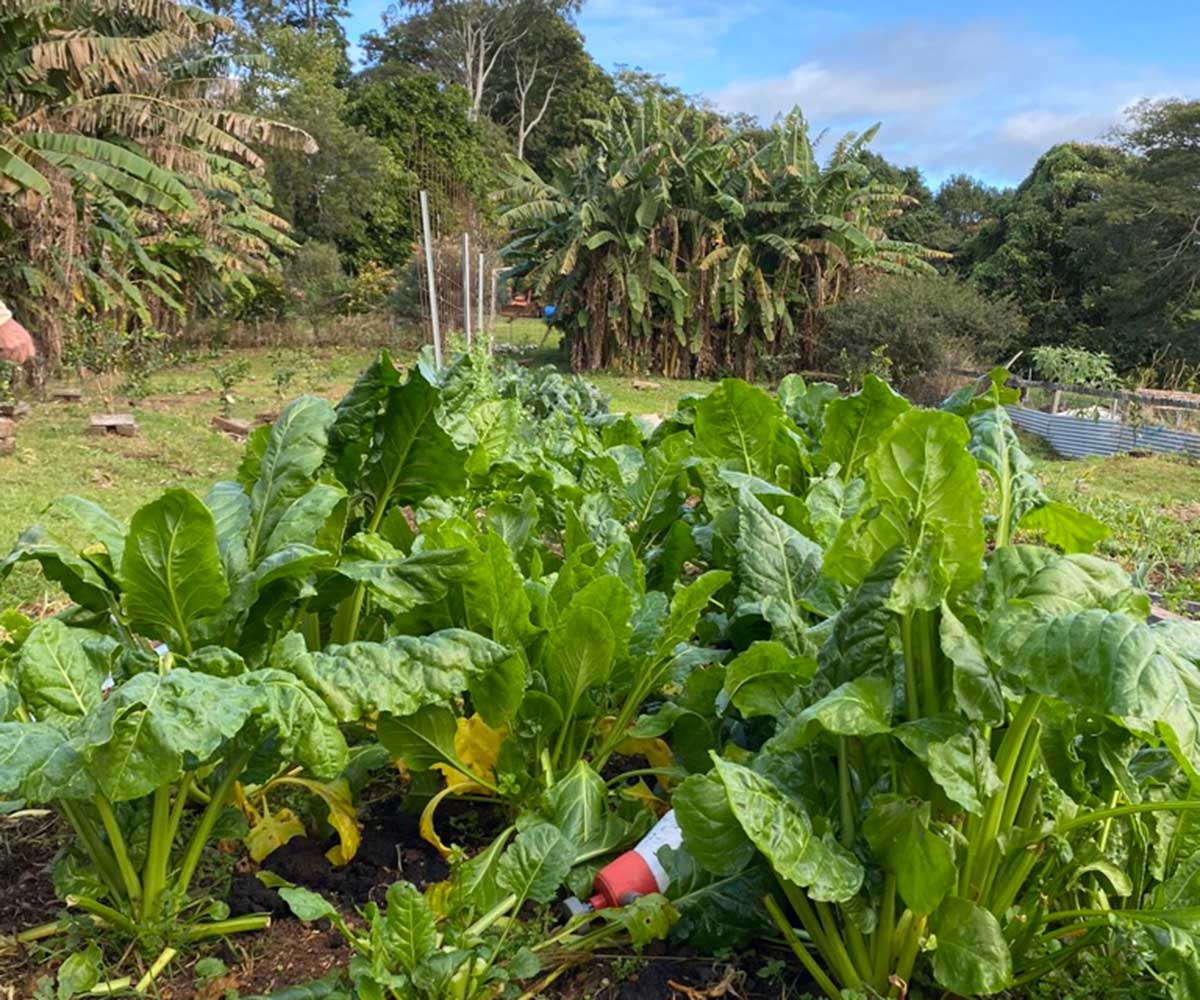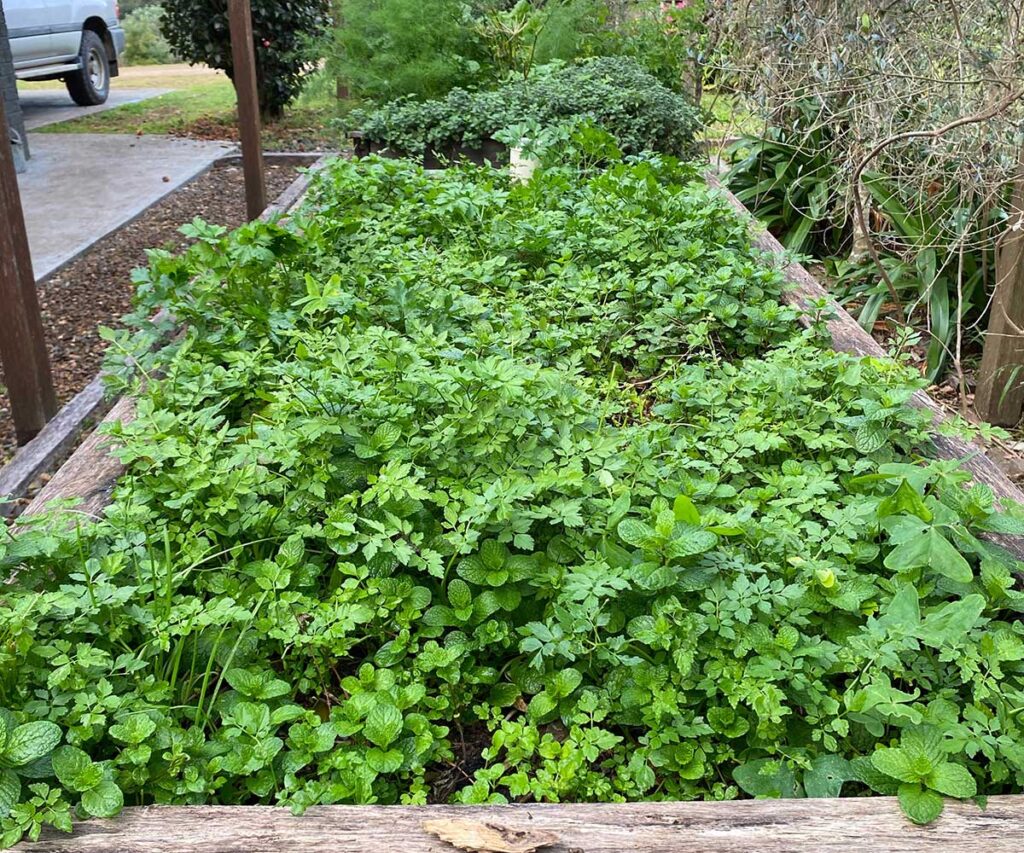
A lovely side dish to serve beside a curry or some grilled or roasted meats.
Ingredients
Method
Grow Your Own
We love having fresh spinach growing at the farm – it makes it easy to throw together a recipe like the one above! We’d recommend growing your own if you have the space in your garden. Growing spinach is an excellent choice for both novice and experienced gardeners. This nutrient-rich leafy green offers numerous health, environmental, and economic benefits, making it a worthwhile addition to any vegetable plot or container garden.
A Nutritional Powerhouse
Spinach is packed with essential vitamins and minerals, including vitamins A, C, and K, as well as folate, iron, and calcium. Incorporating fresh spinach into your diet can boost your immune system, improve bone health, and contribute to overall well-being. When it’s grown directly in your garden, you can enjoy it at its peak freshness, ensuring that you get the maximum nutritional benefits too.
Fast & Easy To Grow
Spinach is one of the easiest vegetables to grow, even for beginners. Spinach prefers cooler temperatures, typically growing best in the autumn, winter, and early spring. It is sensitive to heat and tends to bolt (go to seed) quickly in warmer weather, so timing your planting is crucial. It has a relatively short growing cycle, often maturing in just 30 to 45 days. This means you can enjoy multiple harvests throughout the growing season, providing a steady supply of fresh greens for your meals.
Low Maintenance
Spinach requires minimal care, making it ideal for gardeners with busy schedules or those new to growing vegetables. It grows well in various soil types and only needs consistent watering to keep the soil moist. Additionally, spinach plants are relatively resistant to pests and diseases, reducing the need for chemical treatments. By growing spinach organically, you can minimise the use of harmful pesticides and promote a more sustainable garden ecosystem.
Economic & Environmental Benefits
Growing your own spinach can save you money and reduce your environmental footprint. By harvesting spinach at home, you avoid the packaging and transportation costs associated with store-bought greens. And, gardening encourages a more sustainable lifestyle by promoting local food production and reducing reliance on commercially grown produce. Once you start, you might be hooked!
Getting Started
There are a few things to think about before you start on your spinach-growing journey!
Prepare the soil by digging in compost or aged manure to improve soil fertility and moisture retention. Seeds can be sown directly into the garden or in containers. Water spinach consistently to keep the soil moist but not waterlogged. Spinach is a heavy feeder, so supplement the soil with organic fertilisers such as compost tea or a balanced liquid fertiliser every two weeks. This will ensure steady growth and healthy leaf production.
Space-Saving Crop
If you have limited gardening space, spinach is an excellent choice. It can be grown in small garden beds and containers under the right conditions. Its compact growth habit allows you to maximise your available space and enjoy a healthy harvest without the need for a large garden.

